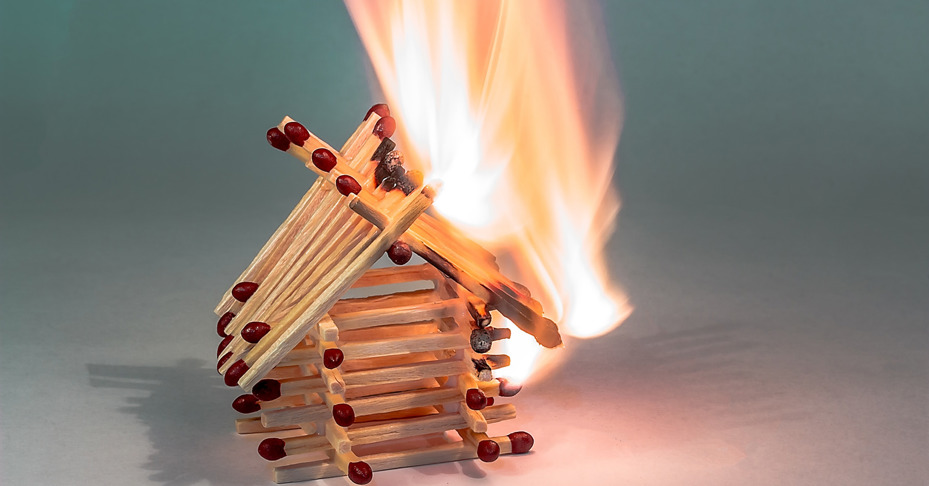Five Top Tips: How to help protect your home from fire
Five Top Tips: How to help protect your home from fire

Whatever treasures you have, we know just how precious they are. That’s why we pick our insurance partners incredibly carefully, so should our customers need to make a claim they have the best cover in place and access to a high quality claims service. Below we share some of Chubb Insurance’s top tips for protecting your home from fire.
When a client’s attic went up in flames, we perfectly repaired all of the damage and replaced the items lost. We even ensured their daughter’s beloved cuddly toy was carefully re-stuffed and re-sewn, so that ‘Orso the duck’ could be brought back to life – fluffier than ever. Expert insurers of your most valued possessions; we have been insuring valuables for over a century. So we understand what’s important to you, and how to best protect it. It’s the Chubb difference. Expert insurers of your most valued possessions.
We know you’d prefer not to have to make a claim, so here are our top tips on how to protect your home from fire.
1. Keep the attic clear.
Keeping excess paper and cardboard in your attic dramatically increases the risk and severity of a potential fire. Keep your attic tidy – if you have old, wooden furniture in there, consider relocating it. Cardboard boxes and documents should be removed as much as possible. Even better - install a smoke alarm and check it operates regularly.
2. Have an evacuation plan.
It sounds simple, but in the event of a fire even the most familiar surroundings can quickly become disorientating or inaccessible due to smoke. Plan for everyone in your household – young children and elderly especially. You should have two potential exits from each room, including windows and doors. Consider having a floorplan of the house drawn out, marking potential exit routes and points and share with your family.
3. Turn off all lights when not at home.
Leaving the lights on whilst away is often considered a burglary deterrent, but a far more common occurrence are fires caused by overheating sockets and faulty wiring. This is especially true for older homes. Both bulbs and fixtures can become incredibly hot when left on for long periods of time, and when unattended can cause devastating house fires.
If you are going away, invest in timers for your lights so they are not left on constantly, as well as LED bulbs which give off considerably less heat.
4. Check your electrical appliances have been tested for electrical safety.
They should have a British or European safety mark when you buy them. This applies especially to white goods you may use regularly – the fridge, washing machine and tumble dryer. Tumble dryers in particular need to have their filter cleaned often, and if using extension sockets, be sure to never use more than one plug per socket, especially for high powered appliances.
5. Keep magnifying mirrors out of direct sunlight.
That vanity mirror on your dressing table can focus the Sun’s rays intensively onto nearby curtains or furniture, which can cause severe fires. It sounds outlandish but it is becoming an increasingly common issue. The same can be said of glass ornaments and even glasses of water which are left in prolonged sunlight. Have a quick look around your home and keep window sills clear of these objects.




